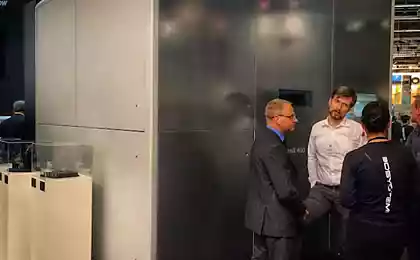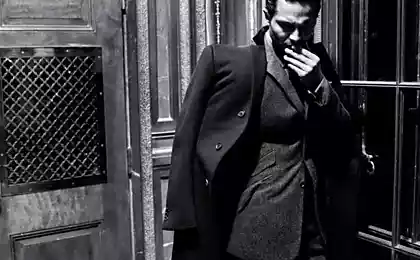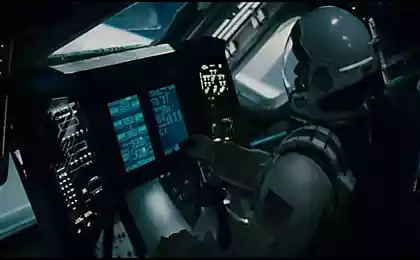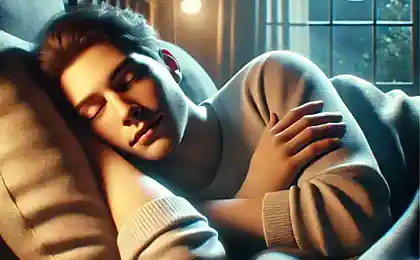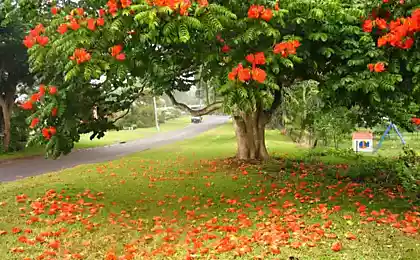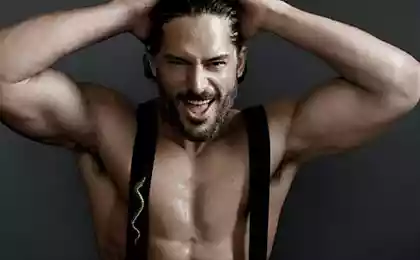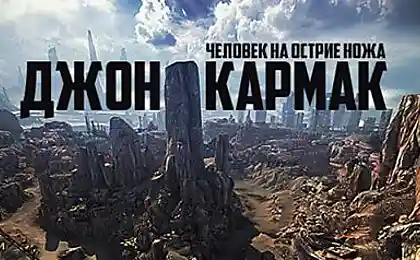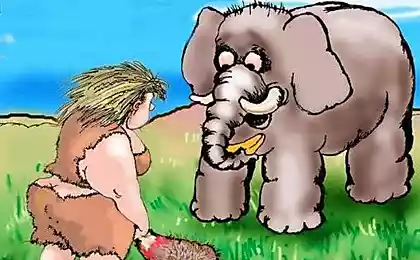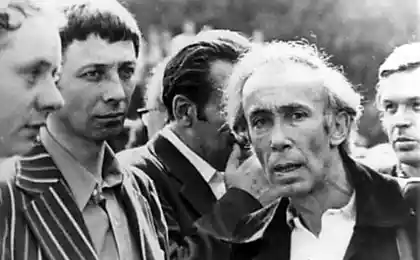206
Farewell to Boris Paton
Outstanding minds are always in high esteem, because they move humanity forward. In each country, they love and remember their heroes, name streets and villages in their honor, assign state awards, put monuments. Talented people are the greatest pride of any country. One of those people was a genius. Soviet and Ukrainian scientist Boris Paton. A man to whom a monument was erected during his lifetime.
Boris Paton is an engineer and scientist in the field of metallurgy and metal technology, who was president of the National Academy of Sciences of Ukraine. August 19, 2020 At the age of 102, Boris Evgenyevich left us. The great scientist devoted himself to science, he was devoted to his favorite cause all his long and fruitful life. Today we want to remember merits of Boris Evgenievich Paton To honor the memory of this beautiful man.

The future scientist was born on November 27, 1918 in the family of Evgeny Oskarovich Paton - a mechanical scientist and engineer who worked in the field of welding, construction mechanics and bridge building. By the way, Kiev bridge Named in honor of Evgeny Oskarovich, who was directly engaged in the design and construction of the structure.
For a long time, Boris’ father taught at the Kyiv Polytechnic Institute. There, on the territory of the institution, the Paton family lived. In the post-revolutionary period, Patonam was settled by a neighbor. He was the teacher of KPI famous mathematician Mikhail Kravchuk. We can say that Boris spent his entire childhood at the walls of this university. Therefore, the choice of the institute the guy had no doubts.

In 1941, Boris had already finished his studies at the Kyiv Polytechnic Institute. electrical engineer. And although he studied well all the years, he received a double in Marxism-Leninism. Despite the cramming, he was able to retake only well, because of which he lost his red diploma.
“I will not say that I was very worried about it, but it was a shame. The fact is that when you go into your direction, you lose touch with reality. You can be an ace in your business and otherwise swim. I won’t excuse myself, I probably didn’t learn. But he did not lose heart, but accepted and went on, Boris Evgenyevich recalls.
But the defense of the thesis was appointed on June 22, 1941. Going to the institute, the students were bombed by the Germans, who began on the first day of the war to attack the local aircraft factory. Boris miraculously survived and later defended his diploma perfectly.
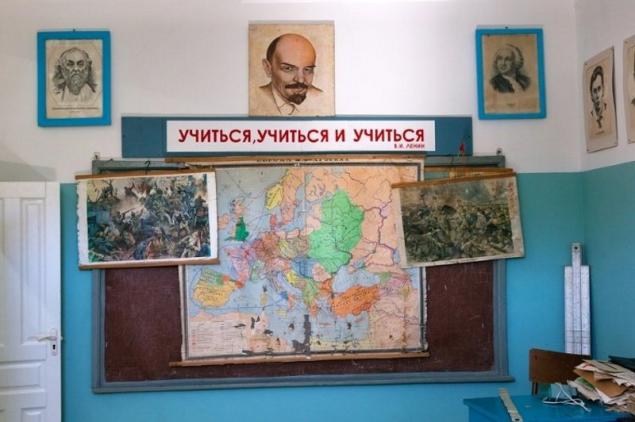
In 1942, Boris was transferred to Nizhny Tagil, where he took part in the development of technical equipment for the best tanks of the Second World War - T-34. There, the novice scientist was given the task to develop an electrical circuit of new automatic welding heads, realizing a recent discovery - self-regulation of the arc.
The engineer coped brilliantly, offering a simple and reliable design, which did not require retraining staff. This innovation allowed the use of automatic welding under flux in the tank industry, which was not found anywhere in the world. As a result, this helped to increase the production of tanks. And Boris Paton himself in 1943 received the first award - "Badge of Honor".

After completing his studies at the Institute, Boris Paton worked as an engineer at the E. O. Paton Institute of Electric Welding (his father). In 1945 he was appointed head of the department, after another 8 years - director, and in 1962 he was elected president of the Academy of Sciences of the Ukrainian SSR. Later he also became the author of about 20 scientific monographs, 720 inventions and more than 1,200 scientific publications.
Being an uncompromising man, Boris Paton rarely made concessions. For example, in the summer of 1981 he referral Scientific and analytical note "On measures to further strengthen the work on the assessment and forecasting of genetic consequences of environmental pollution in the Ukrainian SSR".

And in November, he made a report, where he criticized the construction of nuclear power plants in the country, especially the Chernobyl nuclear power plant. Those who at that time openly questioned the official position of the authorities and the prospects of nuclear energy should have expected problems, but the scientist did not remain silent. They did not listen to him, and after a couple of years the world shuddered from a terrible accident in 1986.

In 1995, Boris Evgenievich was riding a water monoski, fell and broke his leg. In the hospital, he became interested in the way in which his bone was cut. Learning that it was a mechanical saw, after discharge from the hospital, the scientist convened like-minded people and offered to try in medicine. laser cutting of bones and living tissues. Boris Evgenievich himself headed the development.
The idea was brilliant, and the test results exceeded all the expectations of doctors. Paton's suture reduced blood loss several times, accelerated the operation. Now doctors could operate not where there are fewer vessels, but in the place where it is most convenient.

Title of Hero of Socialist Labor and Hero of Ukraine For huge achievements before science Boris Evgenievich Paton Not only was he awarded the title of Hero of Socialist Labor and Hero of Ukraine, he was given a bronze bust during his lifetime. Although the inventor did not like this idea.
“I do not like this initiative. I objected, asked not to be installed while I was alive. But they did not listen to me, they said that the Hero should be put twice. That's how I go to work past the monument. I'm not paying attention, I'm used to it. It was unpleasant at first. And not like ... — modest Boris Paton.
“In my life, I only regret that I did not do much music, painting, fiction. All work, work. Now I try to fill these gaps, I read everything when I have time. It is clear that this is haphazard and I will not become an expert, but I will understand it at the amateur level, Boris Paton said.
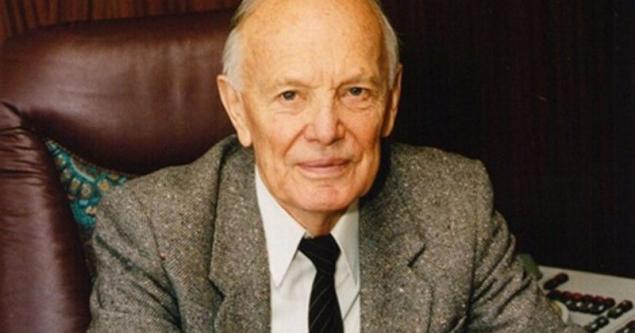
The scientist himself was engaged in sports until the centenary. Before his leg injury in 1995, he played tennis and water skied regularly. After Boris Evgenievich was discharged from the hospital, he went to the pool and swam 400 meters. The habit of swimming 4 times a week and exercising in the morning and evening 3 is the secret of longevity of the respected Boris Paton.
“Life and work must be enjoyed. And also remain optimistic. If you whine and whine, then you should not expect anything good from life, the professor says. Indeed, the wise words of a true centenarian.
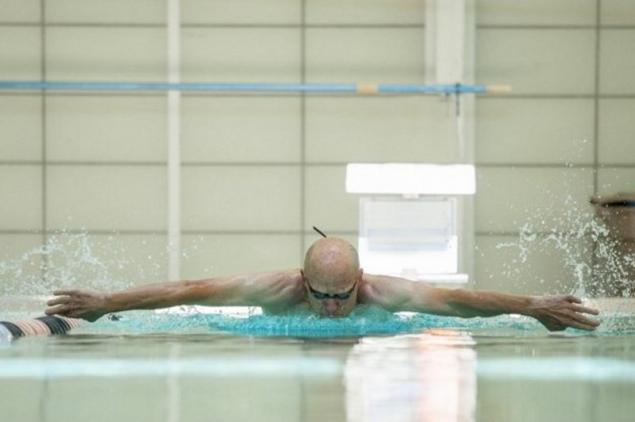
At the end of his life, Boris Paton was left without the closest people. In 1987, the older brother of Boris Paton, Vladimir, died, he was also a scientist. 2009 took Boris Evgenyevich daughter Evgenia, who was a genetic biologist. In 2013, Boris Evgenyevich’s wife, Olga, went to heaven. She was an engineer at the Institute of Mechanics of the NAS of Ukraine.
Thank you, Boris Paton, for being dedicated to your work and putting your whole soul into what was in the first place for you. With warmth in our hearts, we will remember your restless character and great services to the Fatherland.
Boris Paton is an engineer and scientist in the field of metallurgy and metal technology, who was president of the National Academy of Sciences of Ukraine. August 19, 2020 At the age of 102, Boris Evgenyevich left us. The great scientist devoted himself to science, he was devoted to his favorite cause all his long and fruitful life. Today we want to remember merits of Boris Evgenievich Paton To honor the memory of this beautiful man.

The future scientist was born on November 27, 1918 in the family of Evgeny Oskarovich Paton - a mechanical scientist and engineer who worked in the field of welding, construction mechanics and bridge building. By the way, Kiev bridge Named in honor of Evgeny Oskarovich, who was directly engaged in the design and construction of the structure.
For a long time, Boris’ father taught at the Kyiv Polytechnic Institute. There, on the territory of the institution, the Paton family lived. In the post-revolutionary period, Patonam was settled by a neighbor. He was the teacher of KPI famous mathematician Mikhail Kravchuk. We can say that Boris spent his entire childhood at the walls of this university. Therefore, the choice of the institute the guy had no doubts.

In 1941, Boris had already finished his studies at the Kyiv Polytechnic Institute. electrical engineer. And although he studied well all the years, he received a double in Marxism-Leninism. Despite the cramming, he was able to retake only well, because of which he lost his red diploma.
“I will not say that I was very worried about it, but it was a shame. The fact is that when you go into your direction, you lose touch with reality. You can be an ace in your business and otherwise swim. I won’t excuse myself, I probably didn’t learn. But he did not lose heart, but accepted and went on, Boris Evgenyevich recalls.
But the defense of the thesis was appointed on June 22, 1941. Going to the institute, the students were bombed by the Germans, who began on the first day of the war to attack the local aircraft factory. Boris miraculously survived and later defended his diploma perfectly.

In 1942, Boris was transferred to Nizhny Tagil, where he took part in the development of technical equipment for the best tanks of the Second World War - T-34. There, the novice scientist was given the task to develop an electrical circuit of new automatic welding heads, realizing a recent discovery - self-regulation of the arc.
The engineer coped brilliantly, offering a simple and reliable design, which did not require retraining staff. This innovation allowed the use of automatic welding under flux in the tank industry, which was not found anywhere in the world. As a result, this helped to increase the production of tanks. And Boris Paton himself in 1943 received the first award - "Badge of Honor".

After completing his studies at the Institute, Boris Paton worked as an engineer at the E. O. Paton Institute of Electric Welding (his father). In 1945 he was appointed head of the department, after another 8 years - director, and in 1962 he was elected president of the Academy of Sciences of the Ukrainian SSR. Later he also became the author of about 20 scientific monographs, 720 inventions and more than 1,200 scientific publications.
Being an uncompromising man, Boris Paton rarely made concessions. For example, in the summer of 1981 he referral Scientific and analytical note "On measures to further strengthen the work on the assessment and forecasting of genetic consequences of environmental pollution in the Ukrainian SSR".

And in November, he made a report, where he criticized the construction of nuclear power plants in the country, especially the Chernobyl nuclear power plant. Those who at that time openly questioned the official position of the authorities and the prospects of nuclear energy should have expected problems, but the scientist did not remain silent. They did not listen to him, and after a couple of years the world shuddered from a terrible accident in 1986.

In 1995, Boris Evgenievich was riding a water monoski, fell and broke his leg. In the hospital, he became interested in the way in which his bone was cut. Learning that it was a mechanical saw, after discharge from the hospital, the scientist convened like-minded people and offered to try in medicine. laser cutting of bones and living tissues. Boris Evgenievich himself headed the development.
The idea was brilliant, and the test results exceeded all the expectations of doctors. Paton's suture reduced blood loss several times, accelerated the operation. Now doctors could operate not where there are fewer vessels, but in the place where it is most convenient.

Title of Hero of Socialist Labor and Hero of Ukraine For huge achievements before science Boris Evgenievich Paton Not only was he awarded the title of Hero of Socialist Labor and Hero of Ukraine, he was given a bronze bust during his lifetime. Although the inventor did not like this idea.
“I do not like this initiative. I objected, asked not to be installed while I was alive. But they did not listen to me, they said that the Hero should be put twice. That's how I go to work past the monument. I'm not paying attention, I'm used to it. It was unpleasant at first. And not like ... — modest Boris Paton.
“In my life, I only regret that I did not do much music, painting, fiction. All work, work. Now I try to fill these gaps, I read everything when I have time. It is clear that this is haphazard and I will not become an expert, but I will understand it at the amateur level, Boris Paton said.

The scientist himself was engaged in sports until the centenary. Before his leg injury in 1995, he played tennis and water skied regularly. After Boris Evgenievich was discharged from the hospital, he went to the pool and swam 400 meters. The habit of swimming 4 times a week and exercising in the morning and evening 3 is the secret of longevity of the respected Boris Paton.
“Life and work must be enjoyed. And also remain optimistic. If you whine and whine, then you should not expect anything good from life, the professor says. Indeed, the wise words of a true centenarian.

At the end of his life, Boris Paton was left without the closest people. In 1987, the older brother of Boris Paton, Vladimir, died, he was also a scientist. 2009 took Boris Evgenyevich daughter Evgenia, who was a genetic biologist. In 2013, Boris Evgenyevich’s wife, Olga, went to heaven. She was an engineer at the Institute of Mechanics of the NAS of Ukraine.
Thank you, Boris Paton, for being dedicated to your work and putting your whole soul into what was in the first place for you. With warmth in our hearts, we will remember your restless character and great services to the Fatherland.
Guide to making chocolate jelly without gelatin
Horoscope from Angela Pearl for all zodiac signs for 2019





